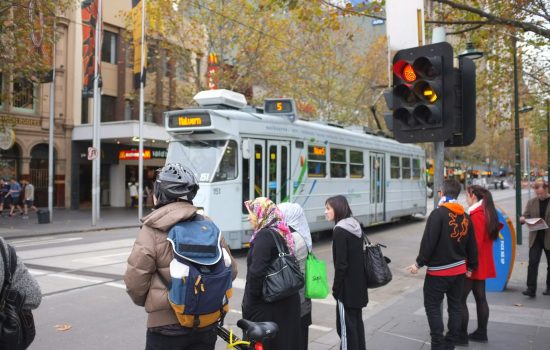The Immigration Assessment Authority (IAA) previously reviewed decisions to refuse a TPV or SHEV and made a new decision whether the application should be granted or rejected. TPV or SHEV applications are now reviewed by the Administrative Review Tribunal.
What powers does the IAA have?
The Immigration Assessment Authority (IAA) previously had the power to review decisions to refuse applications for Temporary Protection Visas (subclass 795) (TPV) and Safe Haven Enterprise Visas (subclass 790) (SHEV) made under the Fast-Track visa program.
The IAA would decide whether a TPV or SHEV application should be granted or rejected.
The IAA previously would review all the documents that were available to the Department of Home Affairs in relation to the case and make a new decision.
The IAA is no longer in operation.
What is the process for having a matter heard in the IAA?
If you have applied for a TPV or SHEV and your visa has been refused by the Department of Home Affairs, your case will now be reviewed by the Administrative Review Tribunal. Previously this review was undertaken by the IAA.
What is an IAA appeal?
During an IAA appeal, the IAA reviewed all the information and documents that had been provided to both the Department of Home Affairs and the IAA in relation to the case and make a new decision on the case.
The IAA would not take into account new information unless there are exceptional circumstances and some other requirements are met. New information is generally information that you could have provided to the Department of Home Affairs, but did not.
The IAA previously would decide whether your TPV or SHEV application should be granted or rejected. If the IAA made a negative decision, this can be appealed to the Federal Circuit Court.
If you have received an IAA refusal decision, we recommend that you seek legal advice about what next steps you can take.




